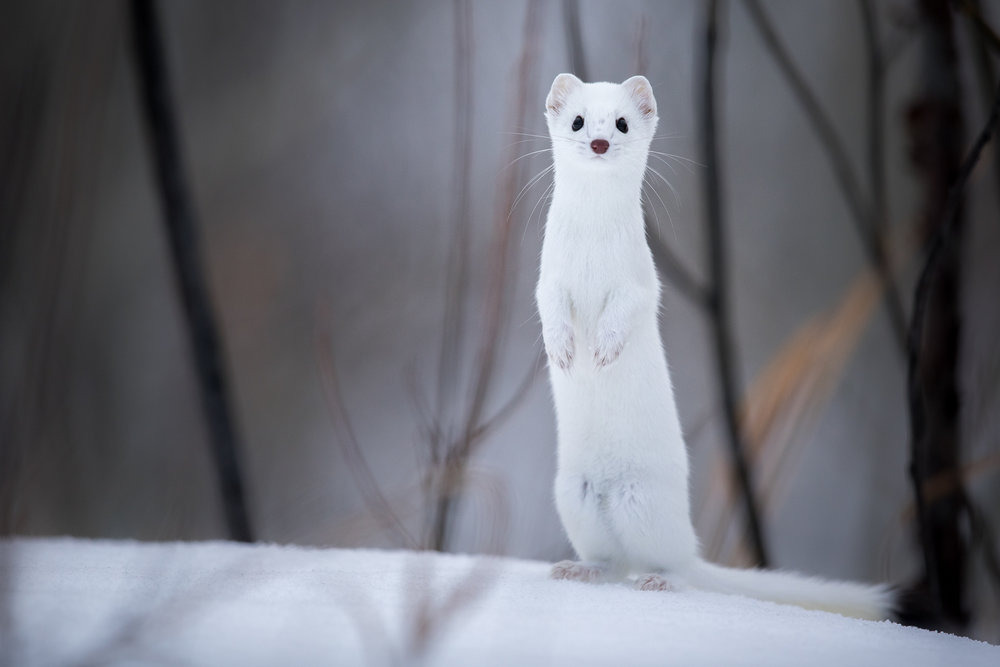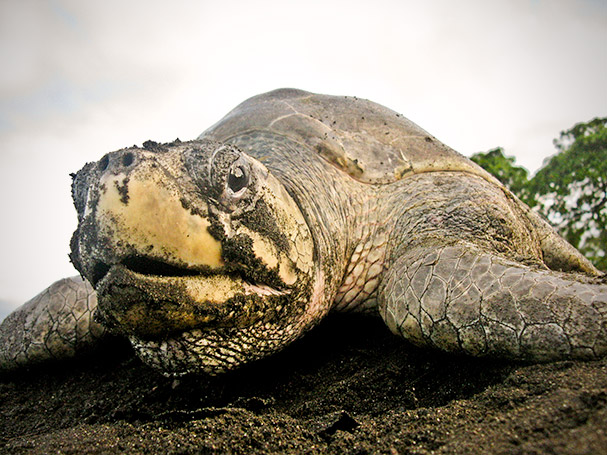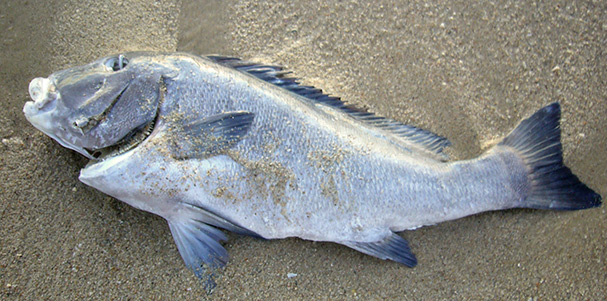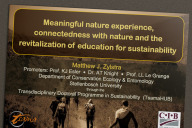Organisational expert Joseph Jaworski shares a nature experience that defined his career.
In his seminal autobiographical book on leadership “Synchronicity: The inner path of leadership”, Joseph Jaworski[1] recounts the pivotal and synchronistic experiences which led him to found the American Leadership Forum. During a period of intense introspection after the breakdown of his marriage, Jaworski recalls a life-changing meaningful nature experience in the Grand Teton Mountains:
“The third day out, I got up early in the morning to fish in a stream not far from our camp. As I walked along, suddenly in front of me a beautiful ermine popped out of the deep snow…All at once she appeared with her almost black eyes looking directly into mine…She sat there staring straight at me, moving not a whisker or a muscle. It seems as if we looked into one another’s eyes for several minutes, but perhaps it was less than one. She turned to go but stopped, turned around again, and took another long look at me. Then she began. She jumped up into the air and did a huge flip, and then looked into my eyes again, as if to say, “What did you think about that?” She did the same trick for me three or four times, each time cocking her head to the side and looking at me as if to ask for my approval. I stood there, held transfixed. Then I began smiling and cocking my head in the same direction as hers. This went on for the longest time. There together, I felt at one with that ermine.”
“I stayed in that spot for the longest time, alone, considering the experience. I knew then that was a profound experience and consider it so to this day. We communicated, that ermine and I, and for those few moments, I experienced what I can only describe as a kind of transcendence of time and a feeling of oneness with all the universe.”
In subsequent paragraphs and chapters, Jaworski continues to reflect on this experience. For him, at that time, the experience became a catalyst into his first-hand experiential understanding of “oneness”:
“I thought a great deal about my encounter with the ermine. But it was a long time before I was able to comprehend how important it truly was for me. It was much more significant than it might seem on the surface. What it taught me was the importance of the experience of oneness…”
“When I encountered the ermine, there was also a transcendence of boundaries that we don’t ordinarily expect in our lifetime – a loss of boundaries with part of the natural world. It was as if for those few moments we were inseparably fused. I was drawn into a relation with the ermine, and she was not an “other” to me. I know that now that my orientation had shifted, and that was what had made it possible to encounter the ermine herself…”
“That provided me with new clarity. I had had a direct contact with an aspect of the natural world which my lifelong, fragmented perspective had previously said was not open to me. This forced a shift in conscious functioning and began to prepare me at a deep level to recognize the impermanence and transparency of boundaries in all other aspects of my existence. This shift didn’t happen overnight – it was like a time-release capsule, with the shift occluding over the ensuing years.”
“Over time I came to see that the boundaries we create in this life are imaginary; they don’t exist but we create them. Then we feel trapped by them…”
“The encounter with the ermine was so important to me because it was the first time I had directly experienced the interrelatedness of the universe.” [2]
Jaworski’s account is an important contribution to research on meaningful nature experience since it synthesizes multiple core textual and structural themes identified in my PhD Dissertation, e.g. proximity, reciprocity and communication, unusual behaviour, distorted sense of time, collapsing boundaries, interconnectedness and oneness. From a synchronicity perspective, it is notable that Jaworski was in a wilderness area at a time of distinct emotional turbulence and life transition.
This account also illustrates that impacts of such meaningful nature experiences – particularly the cognitive reprogramming which might influence attitudes and behaviour – extend well beyond the immediate lived experience and may take many years to reach fruition.
For me personally, reading Jaworski’s book at the outset of my PhD research had a profound effect on my thinking and reaffirmed my commitment to ‘the call’ I felt in needing to pursue this subject matter. The book was lent to me by a colleague and the moment I first laid eyes on it – with sunlight beaming through the window and reflecting off the cover – remains auspicious and vivid in memory.











Be the first to share a comment